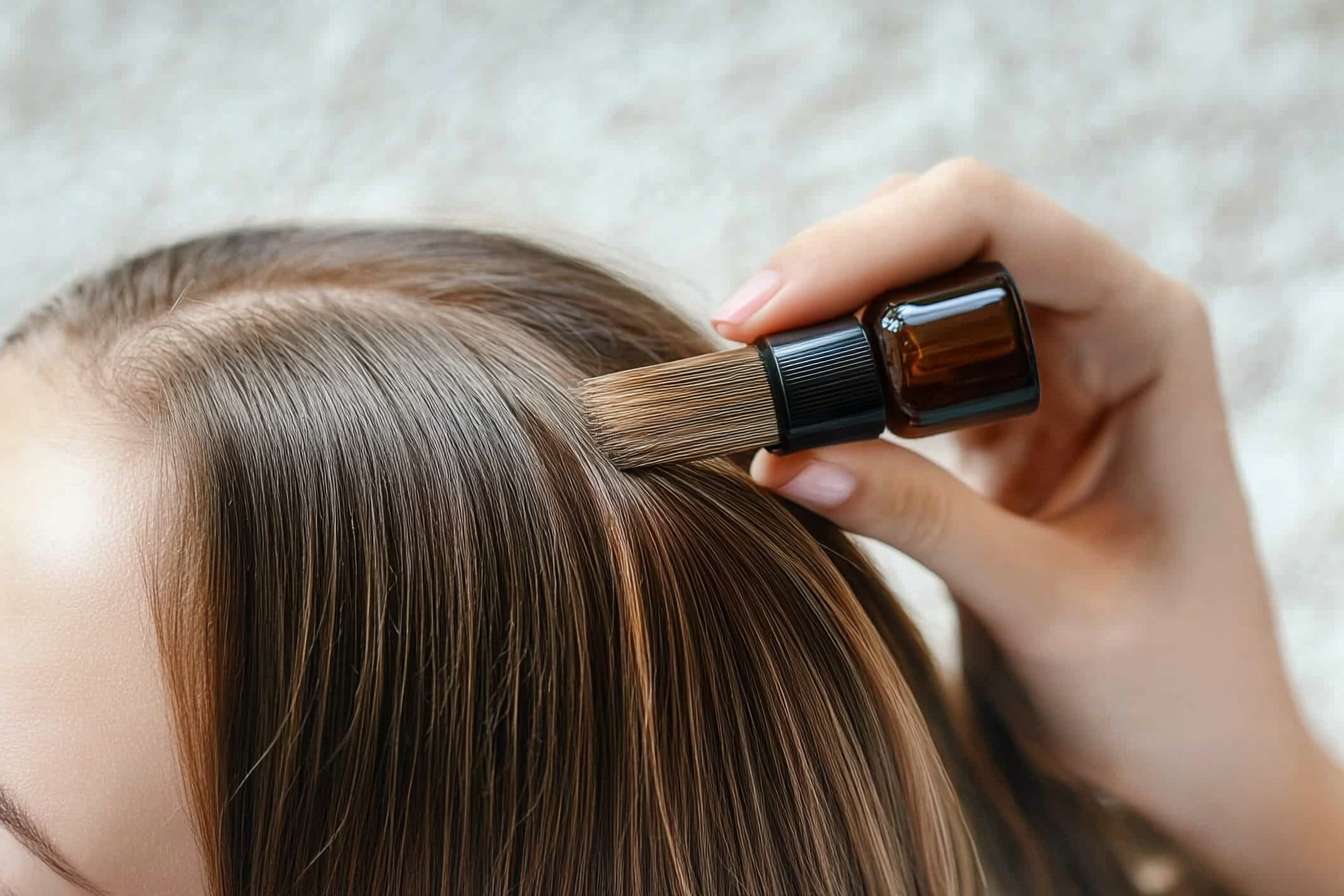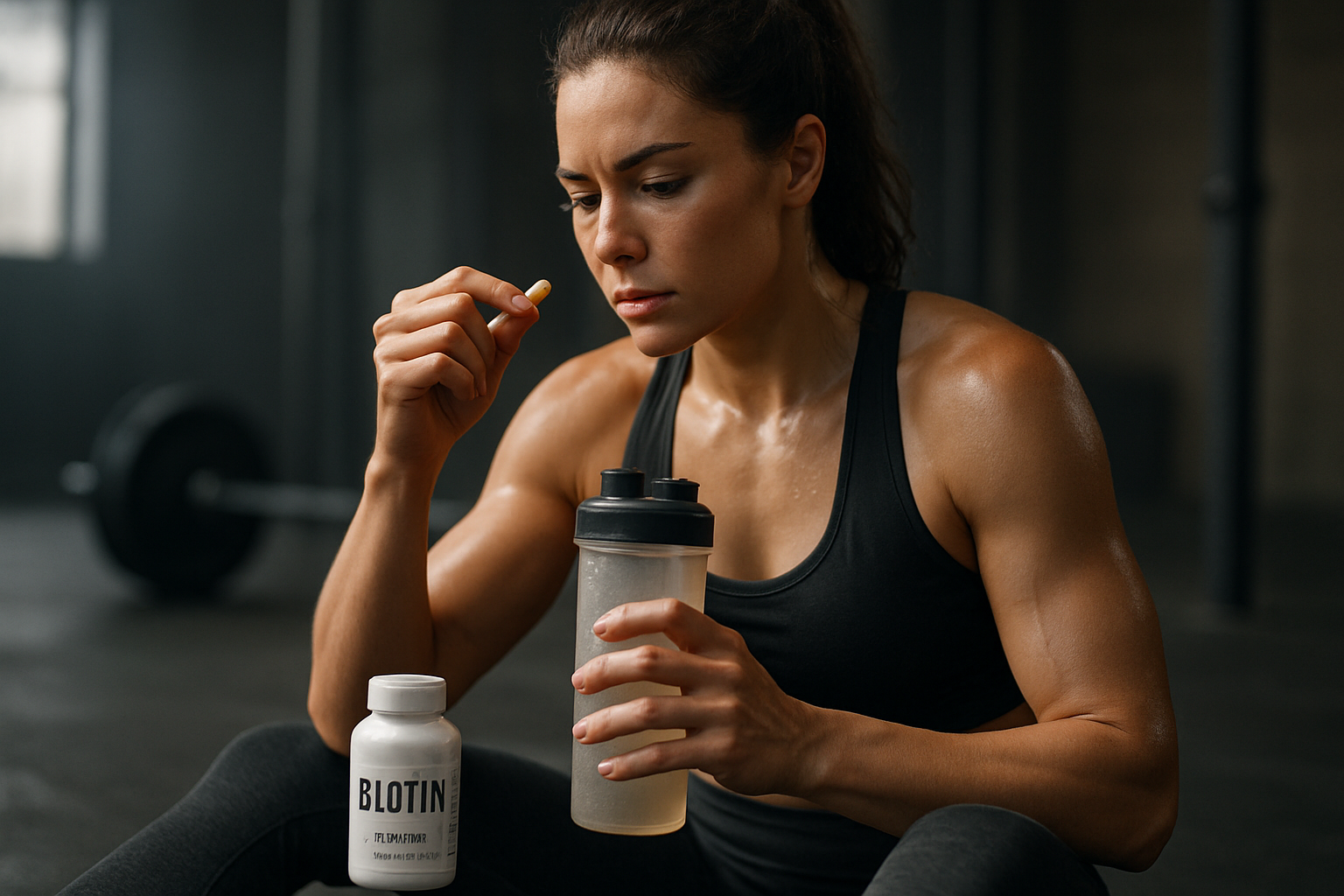Hydration and barrier repair to improve facial and scalp health
Hydration and barrier repair are essential for maintaining a healthy complexion and comfortable scalp. This article outlines practical, ingredient-focused approaches—from moisturizing strategies and gentle exfoliation to targeted serums and sunscreen—to support follicles, reduce irritation, and strengthen barrier function.

Balanced hydration and consistent barrier repair help preserve both facial skin and scalp health by reducing moisture loss, preventing irritation, and supporting the environment around hair follicles. A routine that pairs humectants, emollients, and purposeful actives can improve the appearance of the complexion while maintaining a resilient scalp. Below are practical steps and ingredient considerations for everyday care focused on hydration and barrier integrity.
This article is for informational purposes only and should not be considered medical advice. Please consult a qualified healthcare professional for personalized guidance and treatment.
How does hydration affect complexion and barrier?
Hydration supports the skin’s outermost layer, helping it remain flexible and less prone to redness, flaking, or breakouts. Humectants such as glycerin and hyaluronic acid attract water into the epidermis; emollients smooth and fill gaps between skin cells; occlusives lock moisture in. When these three functions are balanced, the barrier is better able to resist environmental stress and retain a more even complexion. Overly aggressive products or frequent washing can undermine this balance and increase transepidermal water loss, so choose formulas that replenish and preserve lipids as well as water.
What moisturizing approaches support the scalp and follicles?
The scalp needs hydration without clogging follicles or weighing hair down. Lightweight leave-on lotions, scalp serums, or oil blends applied sparingly can soothe dryness and reduce flaking. Avoid overwashing with harsh cleansers; instead, use gentle shampoos and consider extending intervals between washes when appropriate. Scalp-targeted products that provide moisturizing benefits while maintaining breathability help follicles remain healthy. If product buildup occurs, gentle cleansing or periodic clarifying that isn’t sulfate-heavy can restore balance without stripping essential oils.
How do antioxidants, peptides, and serums contribute?
Antioxidants protect lipids and proteins from oxidative damage that can weaken the barrier and dull the complexion. Ingredients such as vitamin C, vitamin E, and plant-derived botanicals can be useful in preventing environmental harm. Peptides in serums may support structural proteins and signaling pathways linked to skin resilience; while improvements can be gradual, combining peptides with adequate hydration enhances overall effects. Serums concentrate these actives in lightweight vehicles, allowing targeted delivery to facial skin or the scalp without excess occlusion.
Why exfoliation matters for skin and scalp balance?
Exfoliation removes dead surface cells that can impede moisturizer penetration and contribute to dullness or flaky patches on the scalp. Gentle chemical exfoliants—low-concentration alpha hydroxy acids (AHAs) or beta hydroxy acids (BHAs)—can improve texture and unclog follicles when used appropriately. Physical exfoliation should be low-abrasion and infrequent to avoid disrupting the barrier. After exfoliation, reinforce the skin with humectants and barrier-repairing emollients to minimize irritation and support a healthy regeneration cycle.
How to choose sulfate-free and silicone-free products?
Sulfate-free cleansers are less likely to strip essential lipids from both facial skin and scalp, preserving natural moisture. Silicone-free options can reduce the sensation of buildup around follicles and sometimes deliver a lighter feel, though silicones are not inherently harmful; selection depends on texture preference and hair/scalp needs. Read labels and prioritize mild surfactants, moisturizing humectants, and soothing botanicals. For sensitive skin or compromised barriers, pick simplified, fragrance-minimal formulas to reduce the risk of irritation.
What role do sunscreen and anti-aging measures play in barrier care?
Daily sunscreen prevents ultraviolet damage that accelerates barrier decline and uneven pigmentation of the complexion. Sun protection complements other barrier-repair steps by limiting cumulative harm that undermines moisture retention and structural proteins. Anti-aging approaches frequently overlap with barrier repair—incorporating peptides, antioxidants, and moisturizing serums can support skin architecture while sunscreen prevents further degradation. Integrating these measures helps preserve both appearance and function over time.
Conclusion A focus on hydration and barrier repair benefits facial skin and the scalp simultaneously: it reduces dryness and inflammation, supports the environment around follicles, and enhances the performance of active treatments. Select gentle, well-formulated moisturizing products, practice conservative exfoliation, and use targeted serums with antioxidants or peptides as needed. Daily sunscreen and mindful ingredient choices—such as sulfate-free or silicone-free formulations when preferred—help sustain long-term barrier health and a more balanced complexion.






